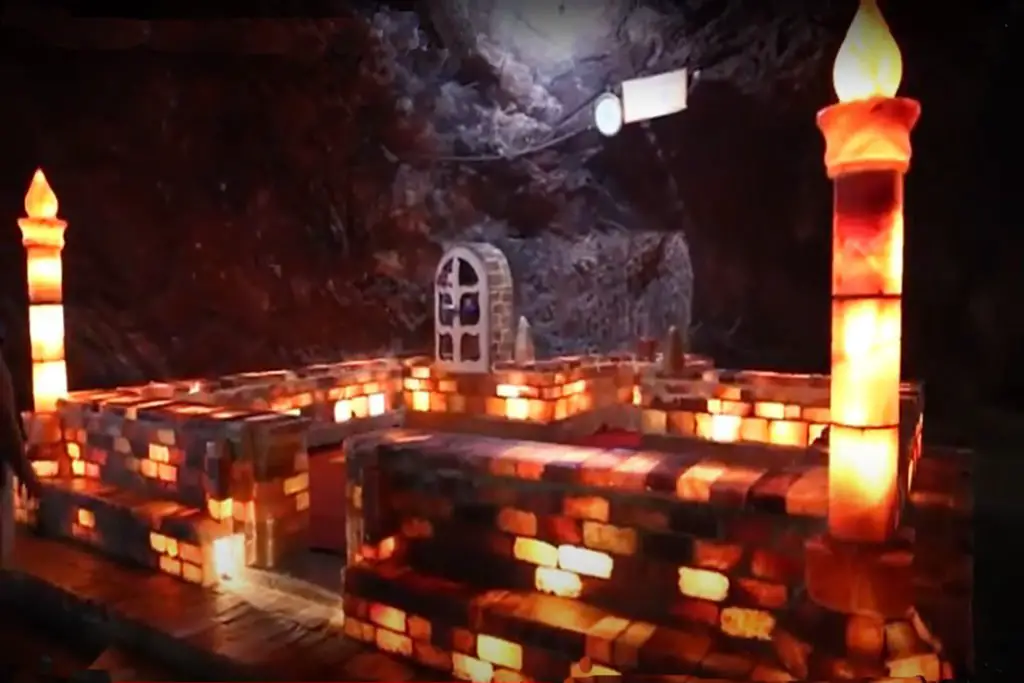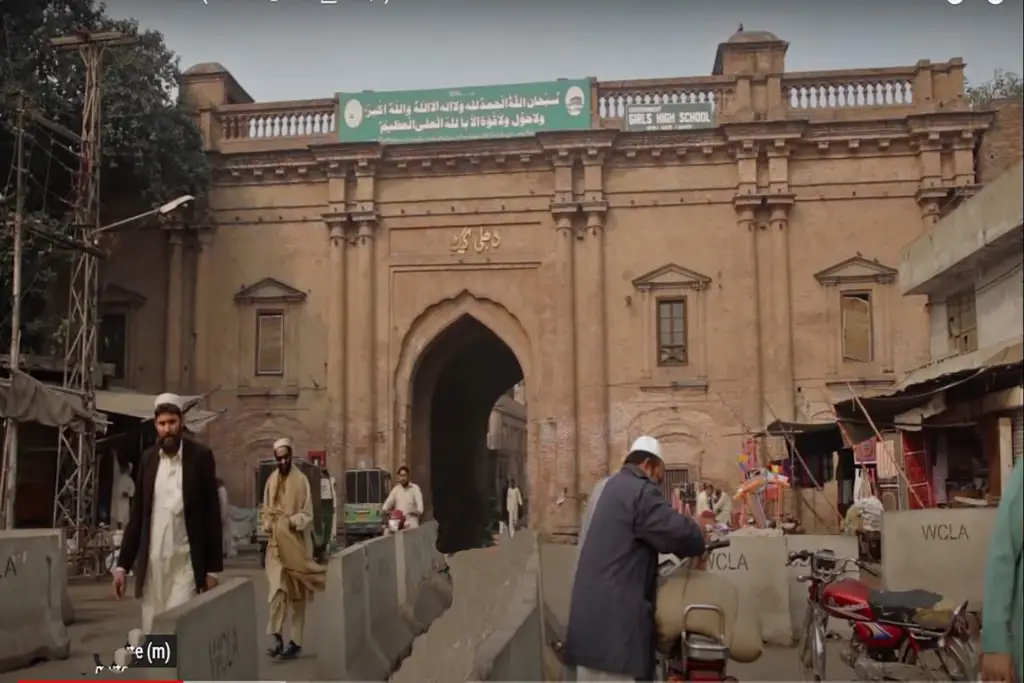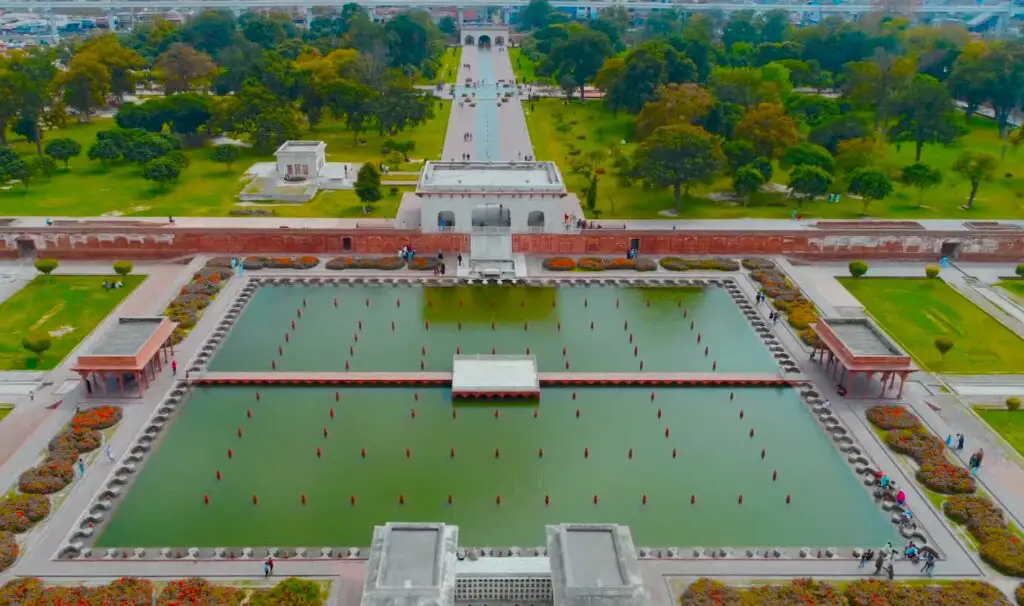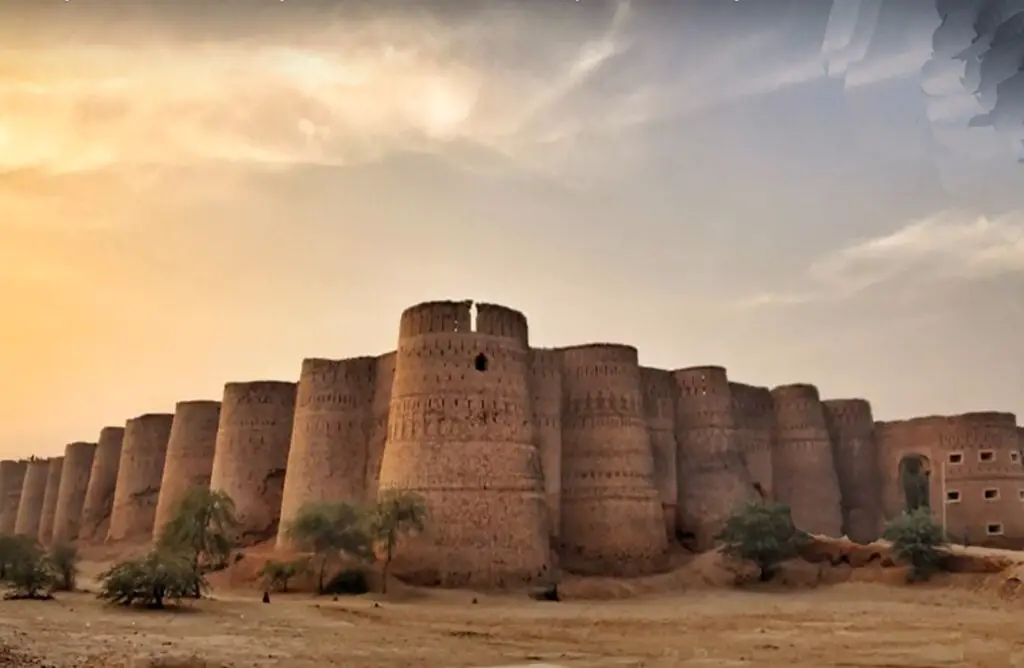Piplan, an ancient Buddhist monastic establishment located in the Taxila region of Pakistan, is a hidden gem that has largely remained undiscovered by tourists and the public despite its historical significance. The site gets its name from the thick peepal trees that grow in the area and is home to several Buddhist monasteries and other structures that date back to the Gandhara period.
Piplan Buddhist Monuments
The site of Piplan is located in a quiet valley between the hills of Mohra Maradu and Julian, the ancient Taxila University. The area was once a bustling center of Buddhist learning and culture, and several ancient structures have been found here, including monasteries, stupas, and other religious buildings.
Piplan Buddhist Stupa
One of the most impressive structures at the site is a massive stupa, which is believed to have been built during the Kushan period (1st-3rd century CE). The stupa has a circular base and is over 12 meters in diameter. The stupa is surrounded by a stone fence, which is believed to have been added during the later Gupta period.
Pictures Gallery – Piplan Buddhist Monastery














Apart from the stupa, several other structures have been found at Piplan, including several monasteries and other religious buildings. These buildings are believed to have been constructed between the 2nd and 5th centuries CE and offer a fascinating glimpse into the region’s rich Buddhist heritage.
In addition to religious structures, several secular buildings have also been found at Piplan, including a number of small houses and shops. These buildings are believed to have been part of a thriving ancient city that existed in the area during the Gandhara period.
Despite its historical significance, Piplan remains largely unknown to tourists and the general public. However, efforts are being made to promote the site as a cultural and historical attraction, and it is hoped that more people will come to appreciate the rich heritage of the region.
Buddhist Complex at Piplan Taxila
Visitors to Piplan can explore the ruins of the monastic complex, which include the remains of a central courtyard, meditation cells, and communal living areas. The site is also surrounded by a network of walking trails, offering visitors the chance to take in the natural beauty of the area.
Piplan is part of the larger Taxila archaeological complex, which includes several other important sites from the Gandhara period, including the nearby Julian monastery and the Dharmarajika stupa. Together, these sites offer a fascinating glimpse into the rich history and culture of the region.
One of the challenges facing the preservation of Piplan and other sites in the Taxila region is the threat of looting and destruction. In recent years, there have been reports of illegal excavations and damage to some of the structures at Piplan. Efforts are being made to address these issues and to protect the site for future generations.
Overall, Piplan is a fascinating and important archaeological site that offers a glimpse into the rich history and culture of the Gandhara period. With its impressive stupa and monastic complex, it is a must-visit destination for anyone interested in ancient Buddhist history and culture. It is hoped that with increased awareness and promotion, more visitors will come to appreciate the beauty and significance of this hidden gem in the heart of Pakistan.
In conclusion, Piplan is an ancient Buddhist monastic establishment located in the Taxila region of Pakistan. The site is home to several Buddhist structures, including a massive stupa and several monasteries, that date back to the Gandhara period. Despite its historical significance, the site remains largely unknown to tourists and the public, but efforts are being made to promote it as a cultural and historical attraction.






